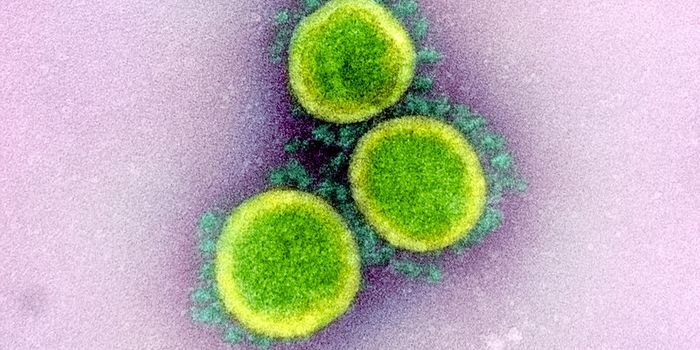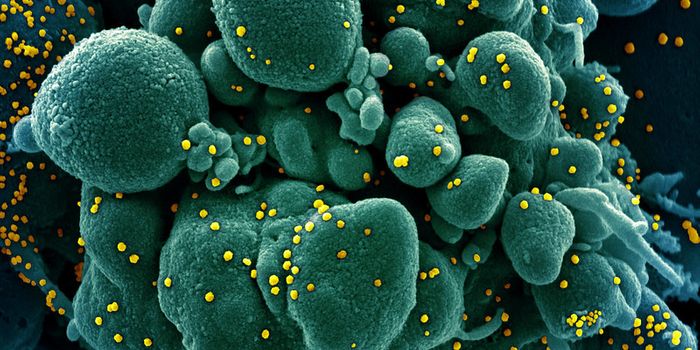A Blood Test That Helps Identify Bipolar Disorder
Bipolar disorder (once known as manic depression) is a mental disorder that causes unusual changes in mood, concentration, and energy or activity levels, which may make everdayl tasks difficult. Although there are several types of bipolar disorder, all of them are related to these characteristics. Bipolar is also frequently misdiagnosed as depression, because of overlapping symptoms and an absence of clear biomarkers. It's thought that as many as 40 percent of people with bipolar are misdiagnosed with major depressive disorder. New research reported in JAMA Psychiatry could help change that, however.
Scientists have now identified a biomarker that could be used in a blood test to distinguish between depression and bipolar disorder. The study suggested that 30 percent of bipolar disorder patients could be diagnosed with this blood test alone, but the test becomes even more accurate when it's used with a digital mental health assessment. Depression and bipolar disorder are not treated in the same way, so this test could help identify patients and provide them with more effective therapeutics.
More work will be needed before this test is brought to the clinic, but the study is an important first step on the road to making it available to patients.
"People with bipolar disorder will experience periods of low mood and periods of very high mood or mania. But patients will often only see a doctor when they're experiencing low mood, which is why bipolar disorder frequently gets misdiagnosed as major depressive disorder," explained first study author Dr. Jakub Tomasik of the Department of Chemical Engineering and Biotechnology at the University of Cambridge.
To a physician, a bipolar patient may seem like an individual with major depressive disorder during a period of low mood, added senior study author Professor Sabine Bahn, a Fellow of Lucy Cavendish College. But, these two conditions require different treatments and, "if someone with bipolar disorder is prescribed antidepressants without the addition of a mood stabilizer, it can trigger a manic episode."
Complete psychiatric assessments provide the most accurate bipolar disorder diagnosis. But these are not always available to patients, who may have to wait a long time for such an appointment, which also takes a long time to perform.
In this work, the researchers used patient data from 3,000 volunteers, who completed extensive questionnaires, had gotten a major depressive disorder diagnosis within the past five years, and had depression symptoms. About 1,000 of these individuals were recruited for further testing in the form of a finger-stick blood sample. Finally, the investigators used mass spectrometry to test the samples for over 600 biomarkers. Once mood disorder diagnoses were validated for these participants, 241 people were included in the final assessment. Potential biomarkers for bipolar disorder were also validated in an additional group of patients.
The combination of patient-reported data and the biomarker test was found to significantly improved diagnostic outcomes for bipolar disorder patients, particularly when the diagnosis was not obvious. The study authors noted that this type of test works best when used with other evalutations.
These biomarkers could also help point the way to new treatments, noted the investigators. "It's an exciting time to be in this area of research," said Bahn.
Sources: University of Cambridge, JAMA Psychiatry









